Helloween + Key / Хелловін. Матеріали для 9-11 класу
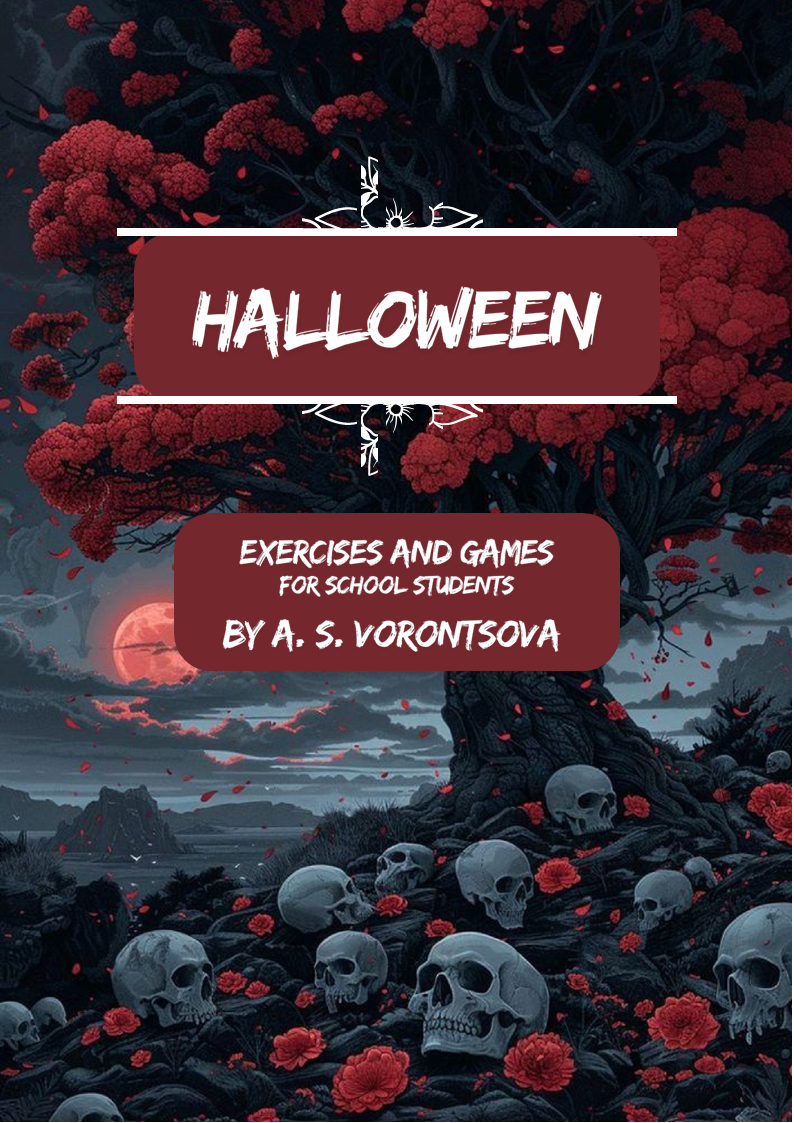
Halloween, an ancient Celtic holiday also called All Hallows' Eve, is celebrated on the night from October 31st to November 1st.
The origins of this holiday date back to pre-Christian times. Celtic tribes inhabiting England, Ireland, and Northern France divided the year into two seasons—summer and winter. October 31 was seen as the final day of the old year, marking both the end of the harvest and the beginning of the winter season. According to Celtic tradition, winter officially started on this day.
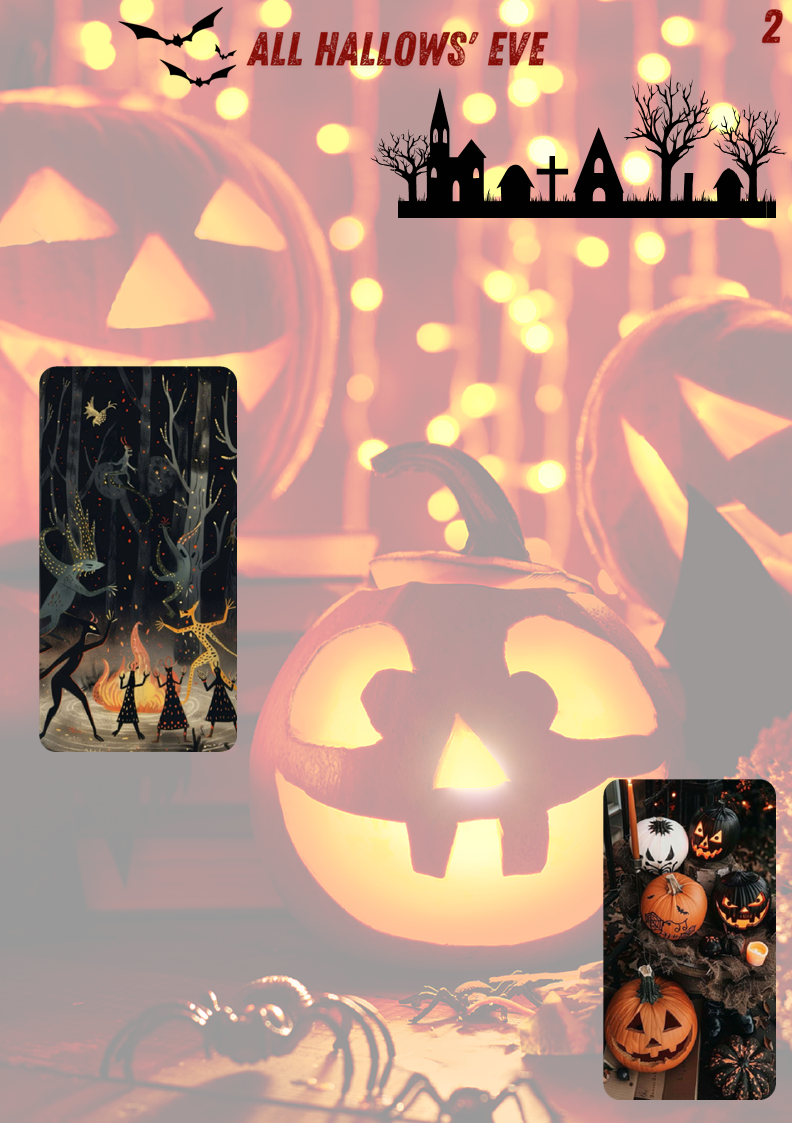 The New Year celebration took place on the night of November 1. According to ancient Celtic belief, this was the time when the worlds of the living and the dead opened, allowing otherworldly beings to enter the human realm. The Celts named this night Samhain. To protect themselves from spirits and ghosts, they extinguished fires in their homes and wore animal skins to frighten off uninvited visitors. Food offerings for the spirits were left outside homes, and communities gathered around large fires lit by Druid priests, where animals were sacrificed as part of the rituals. Following the sacrifice, people carried the sacred fire into their homes. The pumpkin became a symbol of the holiday, signifying the end of summer and the harvest while also serving to repel evil spirits with the holy fire that was lit inside it.
The New Year celebration took place on the night of November 1. According to ancient Celtic belief, this was the time when the worlds of the living and the dead opened, allowing otherworldly beings to enter the human realm. The Celts named this night Samhain. To protect themselves from spirits and ghosts, they extinguished fires in their homes and wore animal skins to frighten off uninvited visitors. Food offerings for the spirits were left outside homes, and communities gathered around large fires lit by Druid priests, where animals were sacrificed as part of the rituals. Following the sacrifice, people carried the sacred fire into their homes. The pumpkin became a symbol of the holiday, signifying the end of summer and the harvest while also serving to repel evil spirits with the holy fire that was lit inside it.
In the early years of our era, the Romans conquered Celtic territories, introducing their traditions and festivals. Over time, Celtic customs merged with two Roman celebrations: Feralia, which honored the dead at the end of October, and the Feast of Pomona, the goddess of fruit trees.
By 313 AD, Christianity gained equal status with paganism and soon became the dominant religion of the Roman Empire. After the empire's fall, it spread across Europe. On May 13, 609 (or 610), Pope Boniface IV consecrated the Pantheon in Rome in honor of the Virgin Mary and all martyrs, establishing this day as All Saints' Day. In the mid-8th century, Pope Gregory III dedicated November 1 to all saints, moving the celebration of All Saints' Day to that date.
Originally, the holiday was known as All Hallows Even or All Hallows Eve (the Mass of All Saints), which later evolved into Hallowe'en and eventually Halloween. While the church fought for many years to eliminate the practice of scaring and appeasing evil spirits on this day, the pagan celebration not only endured but also became deeply intertwined with the church holiday in popular culture.
Halloween is celebrated most extensively in the United States and Canada, where it has gained significant popularity. In the 19th century, a large influx of Irish immigrants brought their Halloween traditions to the New World. In the U.S., Halloween is the biggest candy-selling holiday and ranks second
only to Christmas in overall pre-holiday sales. It even has its epicenters—Los Angeles and New York—where the most vibrant and colorful celebrations and parades are held on this day.
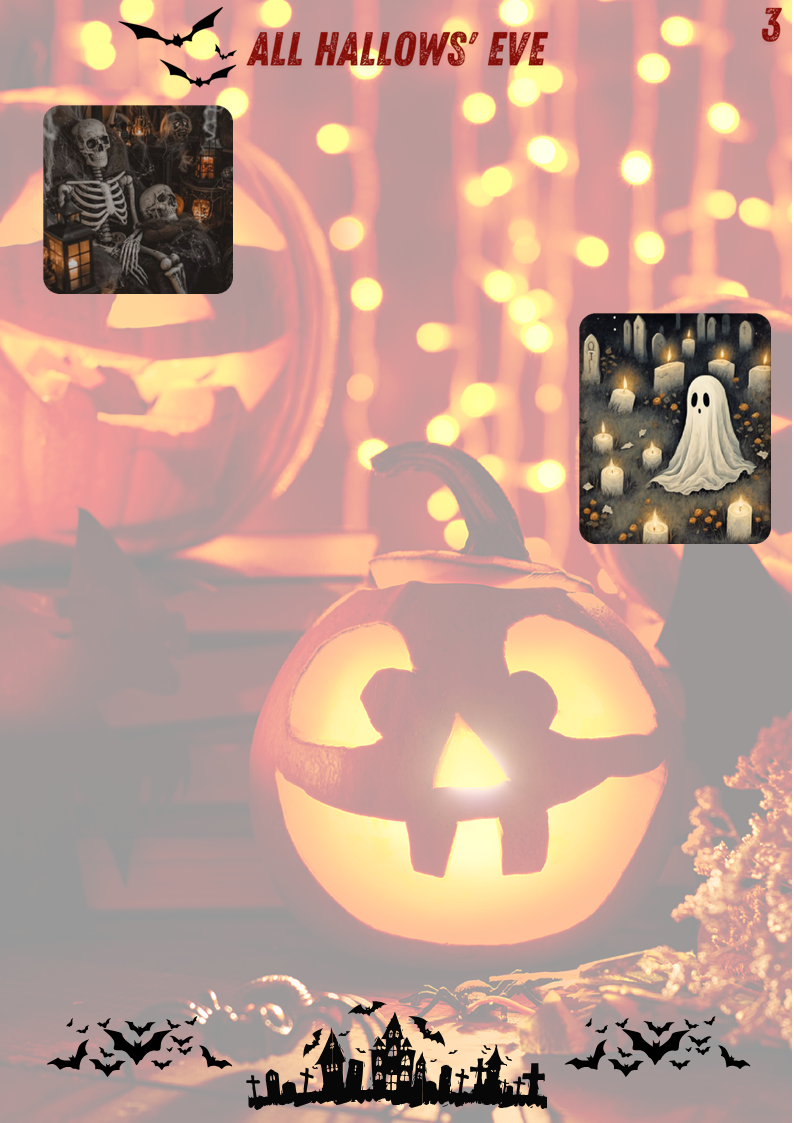 Key elements of American Halloween include the Jack-o'-lantern and the tradition of trick-or-treating. The ancient practice of trick-or-treating, which translates to "Treat or you’ll be sorry," has become a beloved game for children, who dress up as monsters and go door to door, scaring adults. To avoid pranks from the "ghosts," adults often give out candy to appease them.
Key elements of American Halloween include the Jack-o'-lantern and the tradition of trick-or-treating. The ancient practice of trick-or-treating, which translates to "Treat or you’ll be sorry," has become a beloved game for children, who dress up as monsters and go door to door, scaring adults. To avoid pranks from the "ghosts," adults often give out candy to appease them.
In China, Halloween is referred to as Teng Chieh, or the Day of Ancestor Remembrance. On this day, families place food and water in front of photos of their deceased relatives, along with a lantern to illuminate the path for their ancestors’ spirits as they travel during Halloween night.
In Germany, Halloween is celebrated with equal enthusiasm. Frankenstein Castle in Darmstadt (located in the federal state of Hesse) draws thousands of visitors dressed as monsters on the night of November 1. Locals believe that the ghost of the castle's owner makes an appearance on the roof that night.
In France, some of the most spectacular parades occur in Disneyland Paris and the city of Limoges, attracting over 30,000 people annually. Here, you can witness memorable processions of goblins, vampires, and ghosts, all lighting their way with pumpkin lanterns.
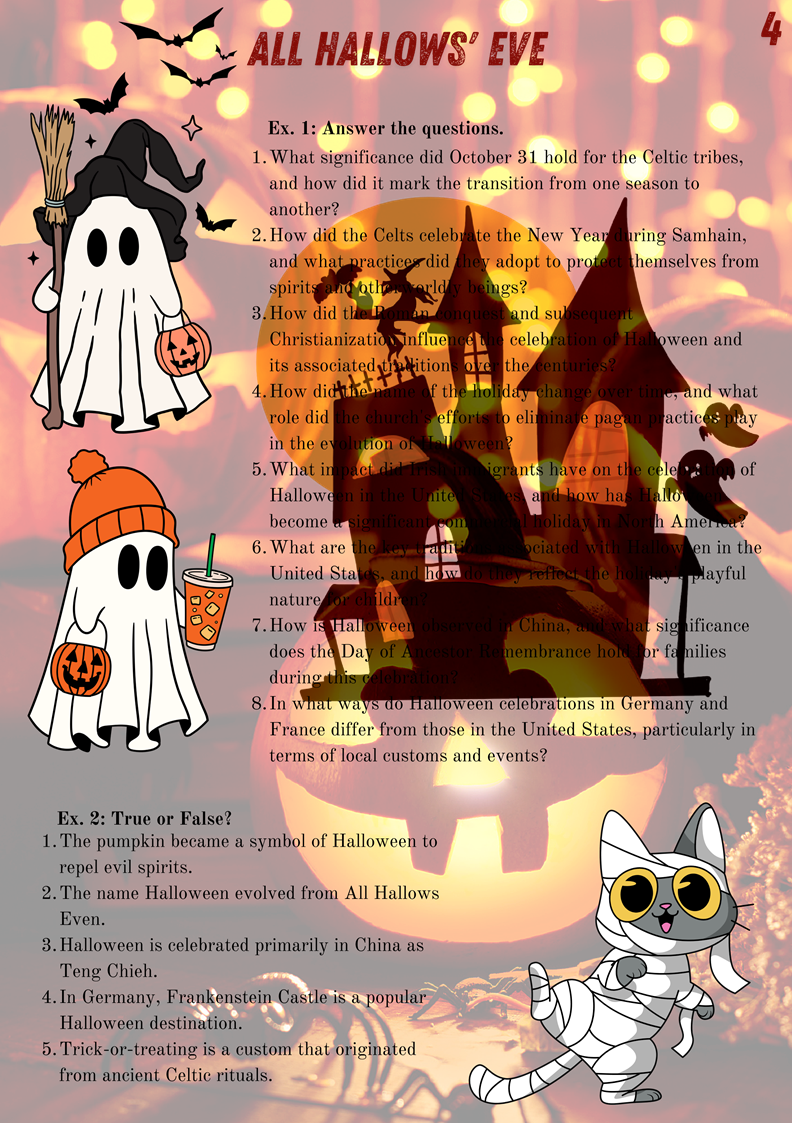
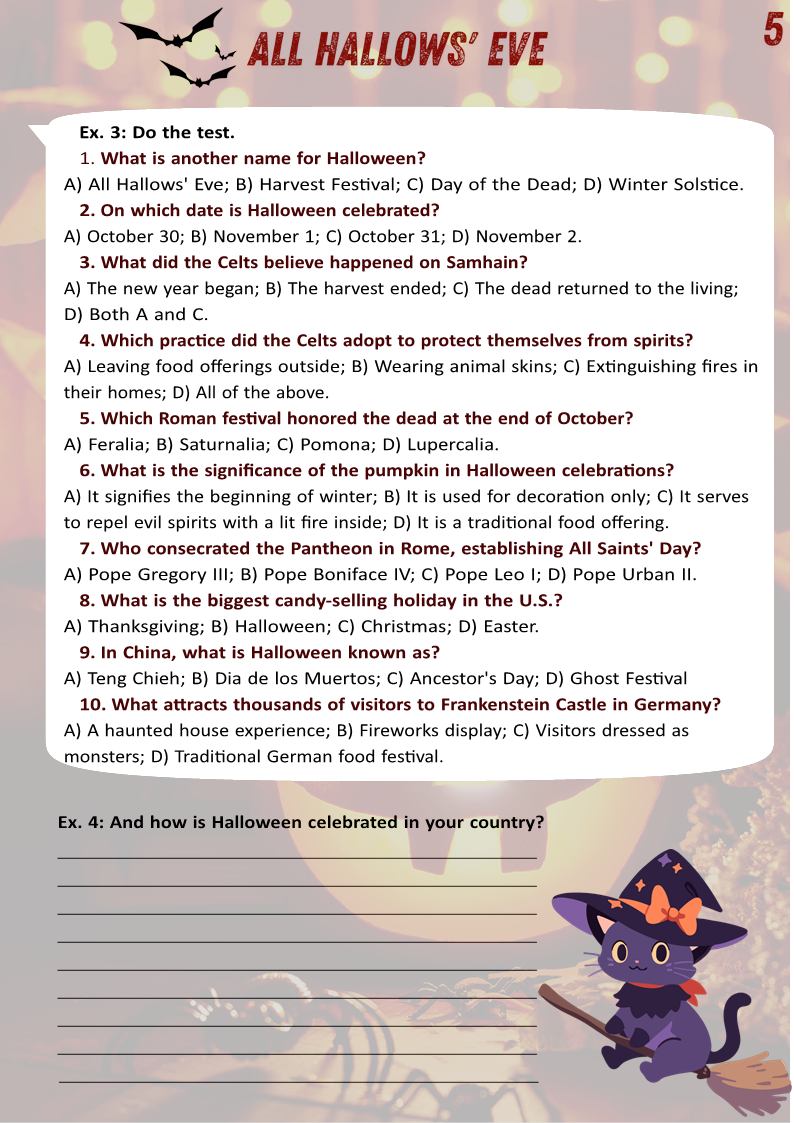
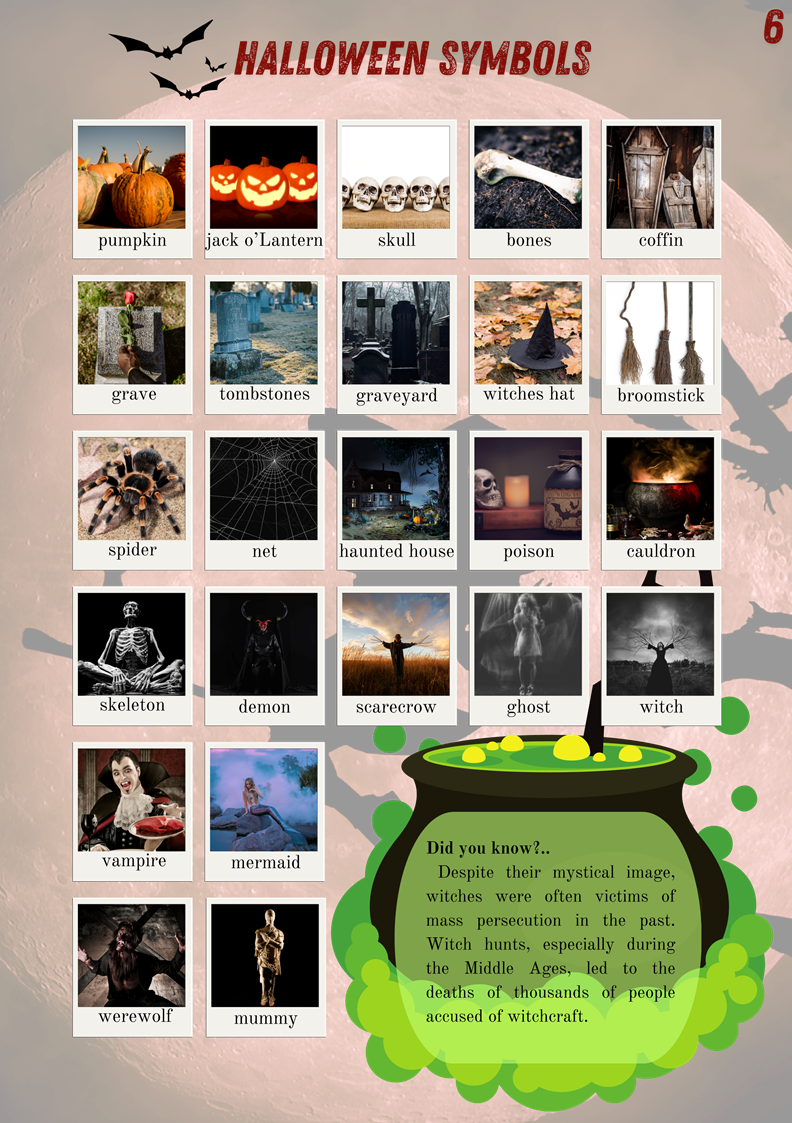
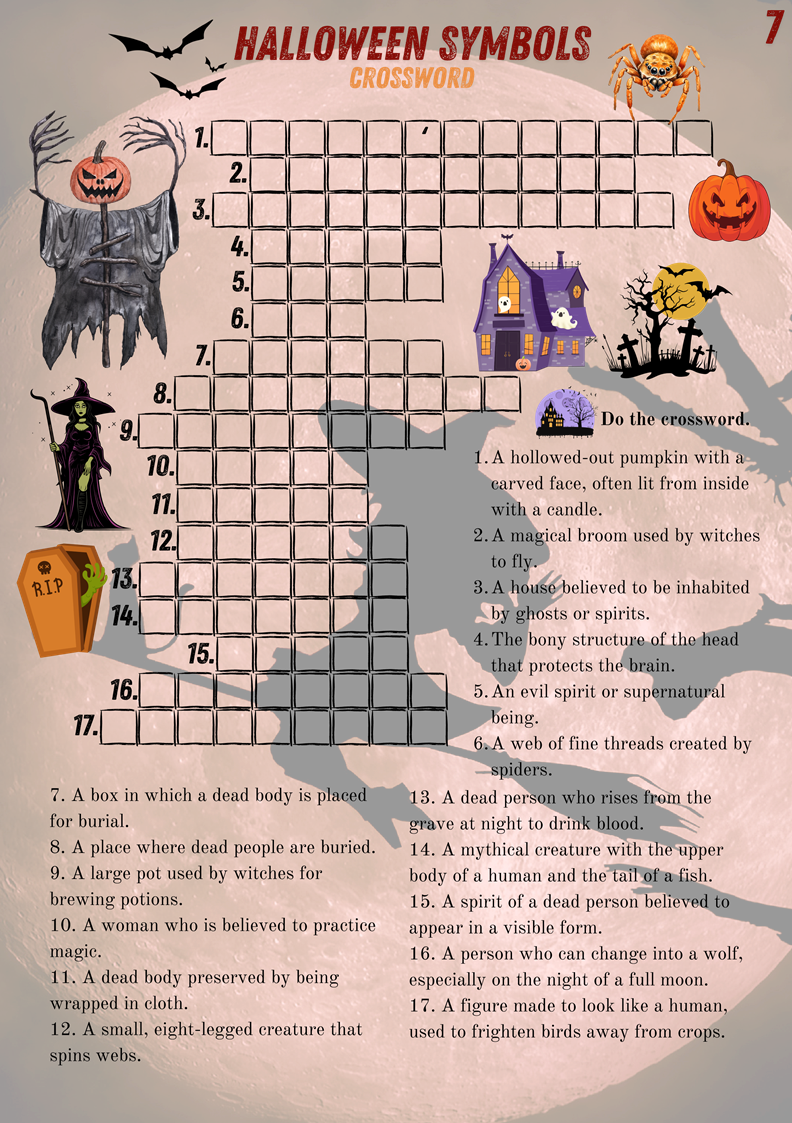
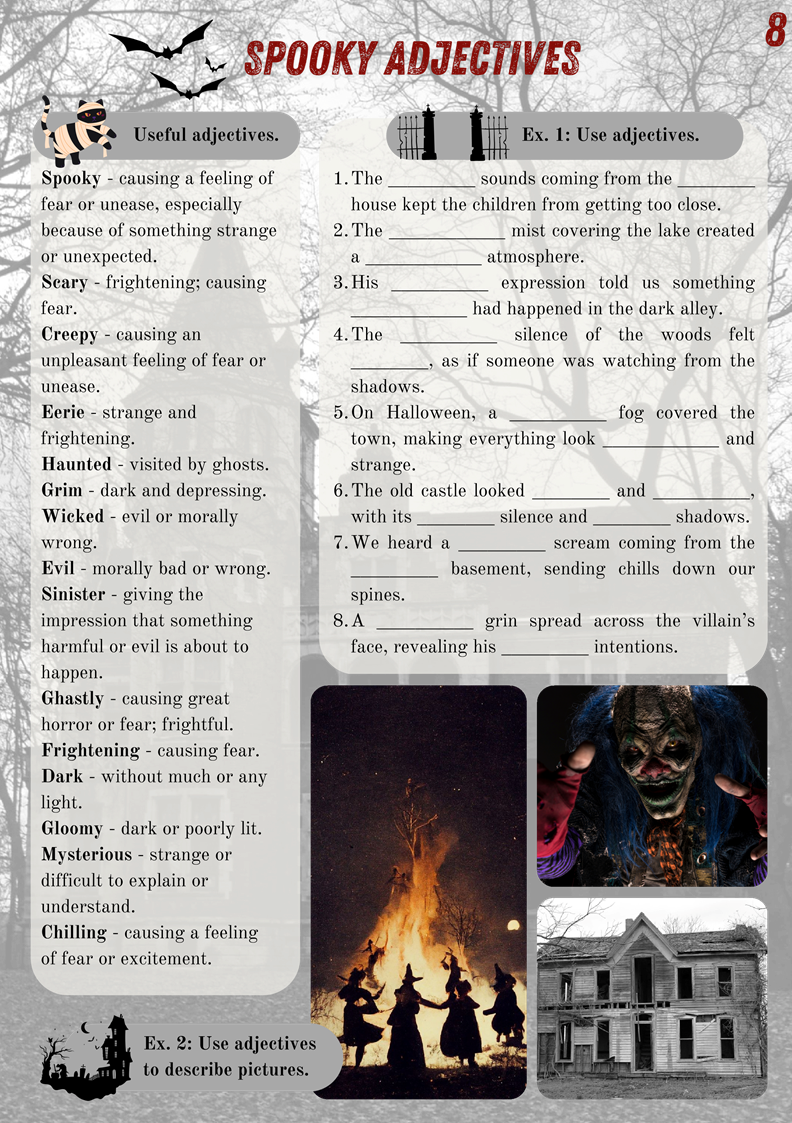
Ex. 1: Match the idioms (1-7) with their meanings (a-b).
1.Skeleton in the closet a. A person who argues against a point or idea, not 2.Graveyard shift necessarily because they disagree with it, but to provoke
3.To dig one’s own grave debate or explore the argument more thoroughly.
4.Devil’s advocate b. A work shift that occurs during the late night and early
5.Blood runs cold morning hours, usually from midnight to 8 a.m.
6.A ghost of a chance c. A reaction of intense fear, shock, or horror, as if the blood
7.Witch hunt in one's body has turned cold.
d. An attempt to find and punish a person or group (often without fair evidence), usually due to political, social, or ideological motives, similar to the literal witch hunts of the past. e. A very small or unlikely possibility of success or something happening.
f. A secret from the past that someone keeps hidden because it would be embarrassing ordamaging if revealed.
g. To do something that will cause future problems or one's own downfall.
Ex. 2: Use adjectives.
1.They don’t have _________ of winning the championship this year.
2.Her ____________ when she heard footsteps in the empty hallway late at night.
3.By constantly lying to his boss, he’s just _________ his __________.
4. Sarah took the____________ at the hospital to earn some extra money.
5. I’m not against your idea, but let me play __________ for a moment to make sure we’ve considered all the risks.
6. Every family has at least one _____________ that they hope no one ever finds out about.
7.The media’s relentless criticism of her felt like a modern-day _____________.
Ex. 3: Rewrite the story, adding the idioms.
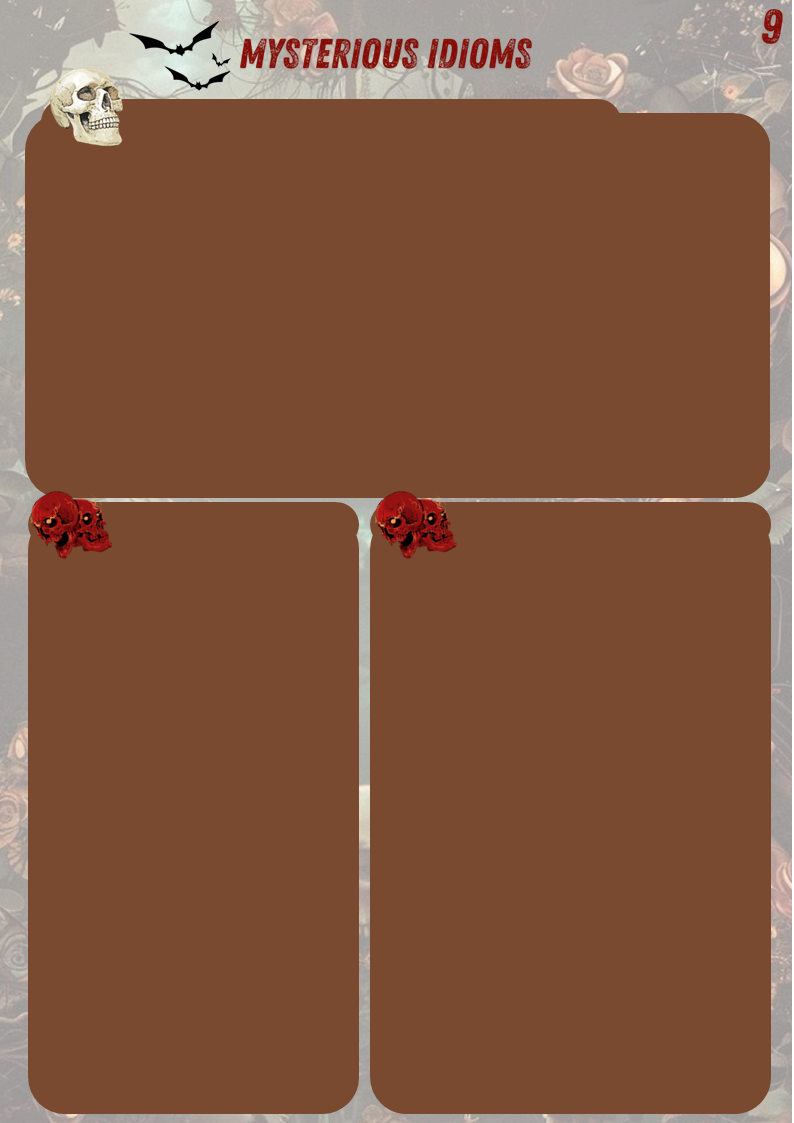 The vampire family had a big secret – one of their ancestors had once dared to go out in the sunlight, leaving behind a trace that the family still tries to hide. One day, Vlad, the son of the family, got a job working a night shift at the hospital. It was a job that perfectly suited him. One night, as Vlad was heading home, someone asked him a tricky question about the family’s castle. He had to be careful with his answer to avoid creating problems for himself, so he argued carefully, trying to throw the person off track. But then, he noticed a dark shadow following him, and fear washed over him – someone was clearly trying to uncover the family secret! Vlad’s younger sister also loved her adventures, though she knew it would be hard to keep them from her parents. Eventually, her family started suspecting her, and everyone in the castle felt like they were under investigation.
The vampire family had a big secret – one of their ancestors had once dared to go out in the sunlight, leaving behind a trace that the family still tries to hide. One day, Vlad, the son of the family, got a job working a night shift at the hospital. It was a job that perfectly suited him. One night, as Vlad was heading home, someone asked him a tricky question about the family’s castle. He had to be careful with his answer to avoid creating problems for himself, so he argued carefully, trying to throw the person off track. But then, he noticed a dark shadow following him, and fear washed over him – someone was clearly trying to uncover the family secret! Vlad’s younger sister also loved her adventures, though she knew it would be hard to keep them from her parents. Eventually, her family started suspecting her, and everyone in the castle felt like they were under investigation.
Key
P. 4, ex. 2: P. 5, ex. 3: P. 7, CROSSWORD: P. 8, ex. 1:
1.True 1.A 1.JACKO’LANTERN 1.The spooky sounds coming from the haunted house
2.True 2.C 2.BROOMSTICK kept the children from getting too close.
3.False 3.D 3.HAUNTEDHOUSE 2.The mysterious mist covering the lake created a
4.True 4.D 4.SKULL chilling atmosphere.
5.True 5.A 5.DEMON 3.His grim expression told us something frightening 6.C 6.NET had happened in the dark alley.
7.B 7.COFFIN 4.The eerie silence of the woods felt dark, as if
8.B 8.GRAVEYARD someone was watching from the shadows.
9.A 9.CAULDRON 5.On Halloween, a sinister fog covered the town,
10.C 10.WITCH making everything look frightening and strange.
11.MUMMY 6.The old castle looked gloomy and creepy, with its
12.SPIDER eerie silence and chilling shadows.
13.VAMPIRE 7.We heard a ghastly scream coming from the gloomy
14.MERMAID basement, sending chills down our spines.
15.GHOST 8.A wicked grin spread across the villain’s face,
16.WEREWOLF revealing his evil intentions.
17.SCARECROW
P. 9, ex. 1:
1.Skeleton in the closet – A secret from the past that someone keeps hidden because it would be embarrassing or damaging if revealed.
2.Graveyard shift – A work shift that occurs during the late night and early morning hours, usually from midnight to 8 a.m.
3.To dig one’s own grave – To do something that will cause future problems or one's own downfall.
4.Devil’s advocate – A person who argues against a point or idea, not necessarily because they disagree with it, but to provoke debate or explore the argument more thoroughly.
5.Blood runs cold – A reaction of intense fear, shock, or horror, as if the blood in one's body has turned cold.
6.A ghost of a chance – A very small or unlikely possibility of success or something happening.
7.Witch hunt – An attempt to find and punish a person or group (often without fair evidence), usually due to political, social, or ideological motives, similar to the literal witch hunts of the past.
P. 9, ex. 2:
1.A ghost of a chance – They don’t have a ghost of a chance of winning the championship this year.
2.Blood runs cold – Her blood ran cold when she heard footsteps in the empty hallway late at night.
3.To dig one’s own grave – By constantly lying to his boss, he’s just digging his own grave.
4.Graveyard shift – Sarah took the graveyard shift at the hospital to earn some extra money.
5.Devil’s advocate – I’m not against your idea, but let me play devil’s advocate for a moment to make sure we’ve considered all the risks.
6.Skeleton in the closet – Every family has at least one skeleton in the closet that they hope no one ever finds out about.
7.Witch hunt – The media’s relentless criticism of her felt like a modern-day witch hunt.
P. 9, ex. 3 (example):
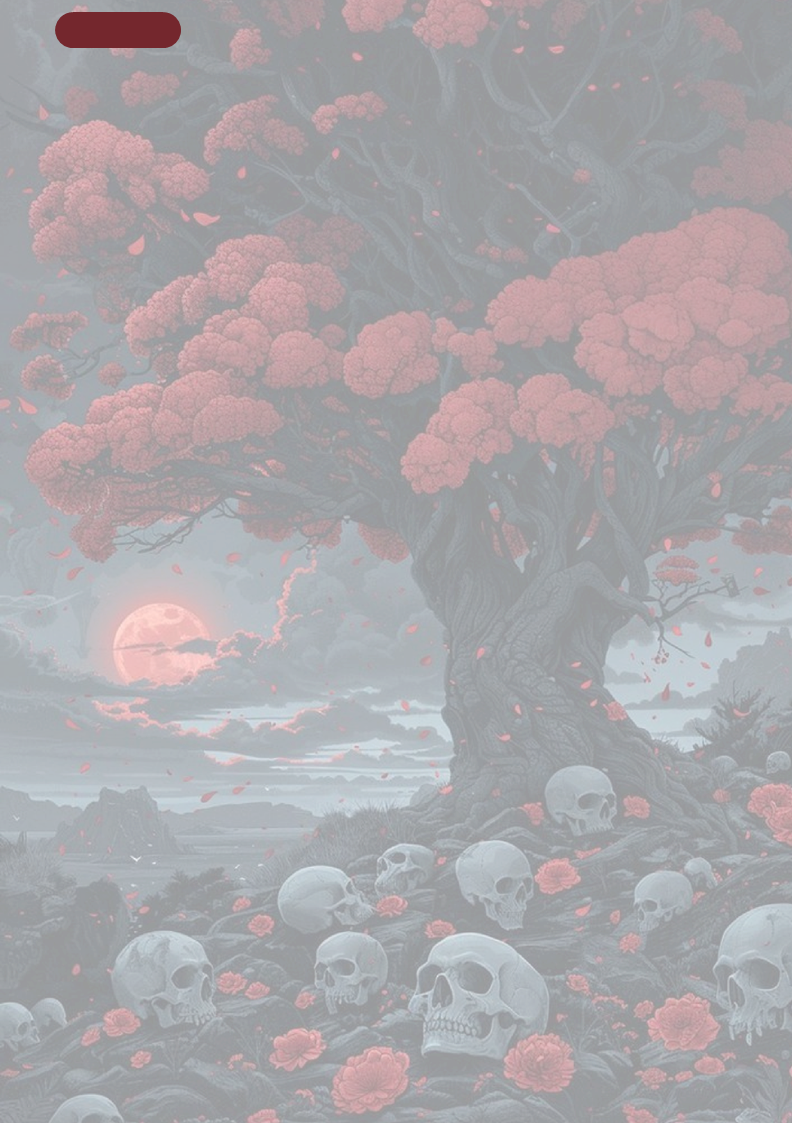 The vampire family had always kept a skeleton in the closet – one of their ancestors had once dared to step out into the sunlight, leaving behind a dangerous clue to their existence, which they kept hidden from outsiders. One day, the son of the family, Vlad, decided to take on a job in the human world, working the graveyard shift at a hospital, though no one realized it was the perfect job for him.
The vampire family had always kept a skeleton in the closet – one of their ancestors had once dared to step out into the sunlight, leaving behind a dangerous clue to their existence, which they kept hidden from outsiders. One day, the son of the family, Vlad, decided to take on a job in the human world, working the graveyard shift at a hospital, though no one realized it was the perfect job for him.
One night, as Vlad was on his way home, someone asked him a tricky question about his family's old castle. He knew he had to be careful not to dig his own grave, so he answered like a true devil’s advocate, carefully throwing the person off track. But then, he saw a shadow behind him, and his blood ran cold – someone was trying to uncover their family secret!
Vlad’s younger sister also enjoyed little adventures, but she knew she didn’t have a ghost of a chance of hiding them from her parents. Eventually, her family began to suspect her, starting a full-blown witch hunt in the castle, with everyone under suspicion.
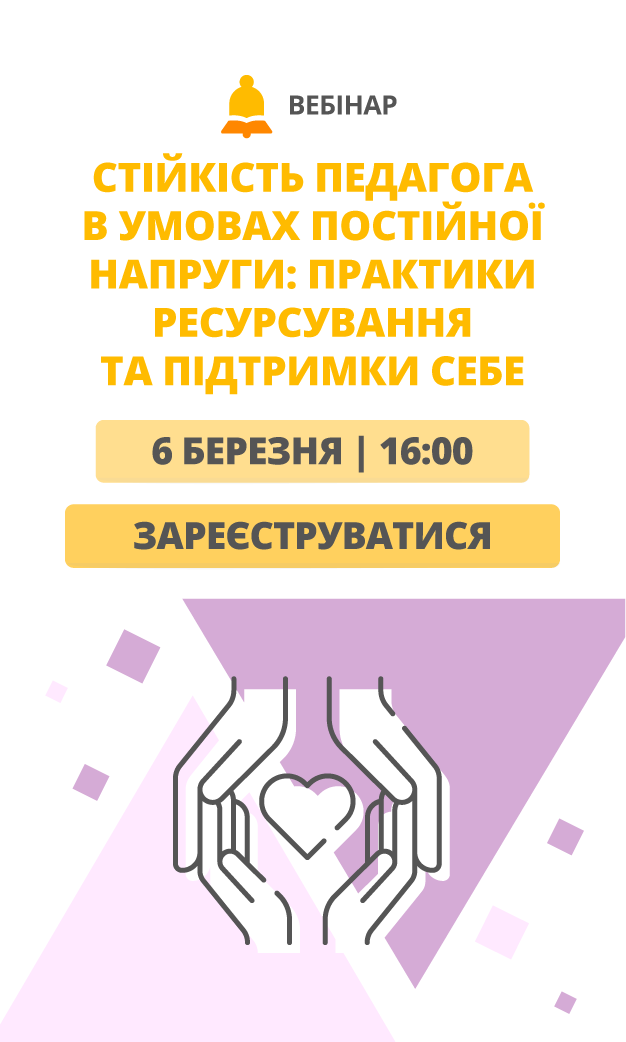

про публікацію авторської розробки
Додати розробку
